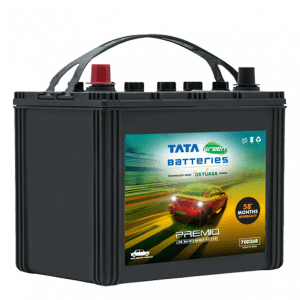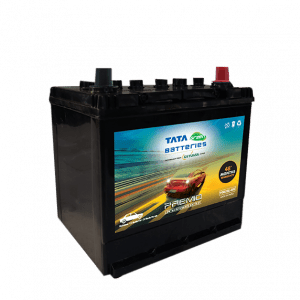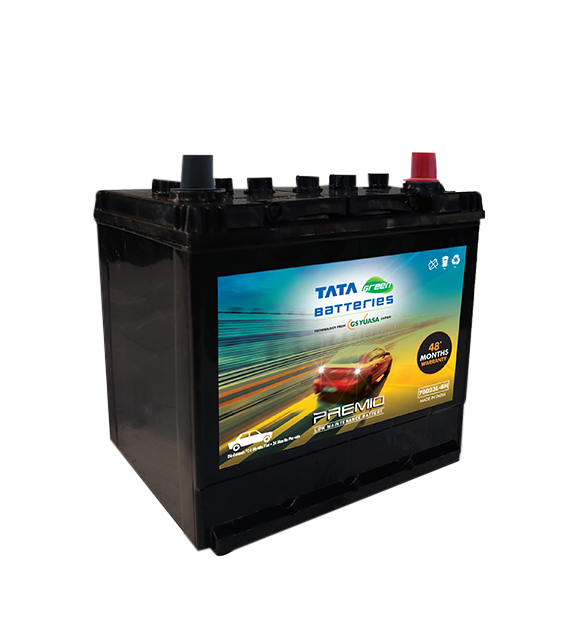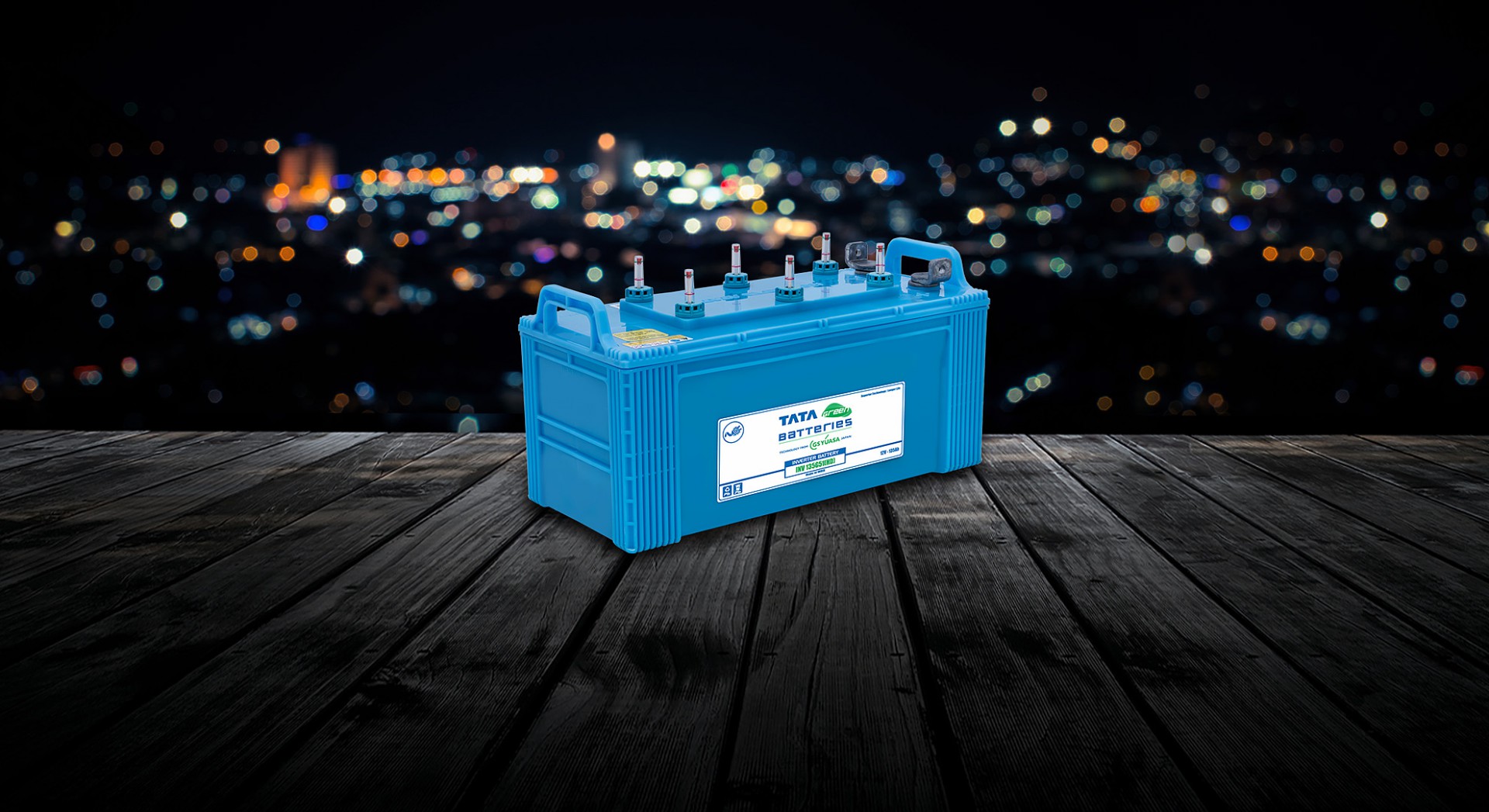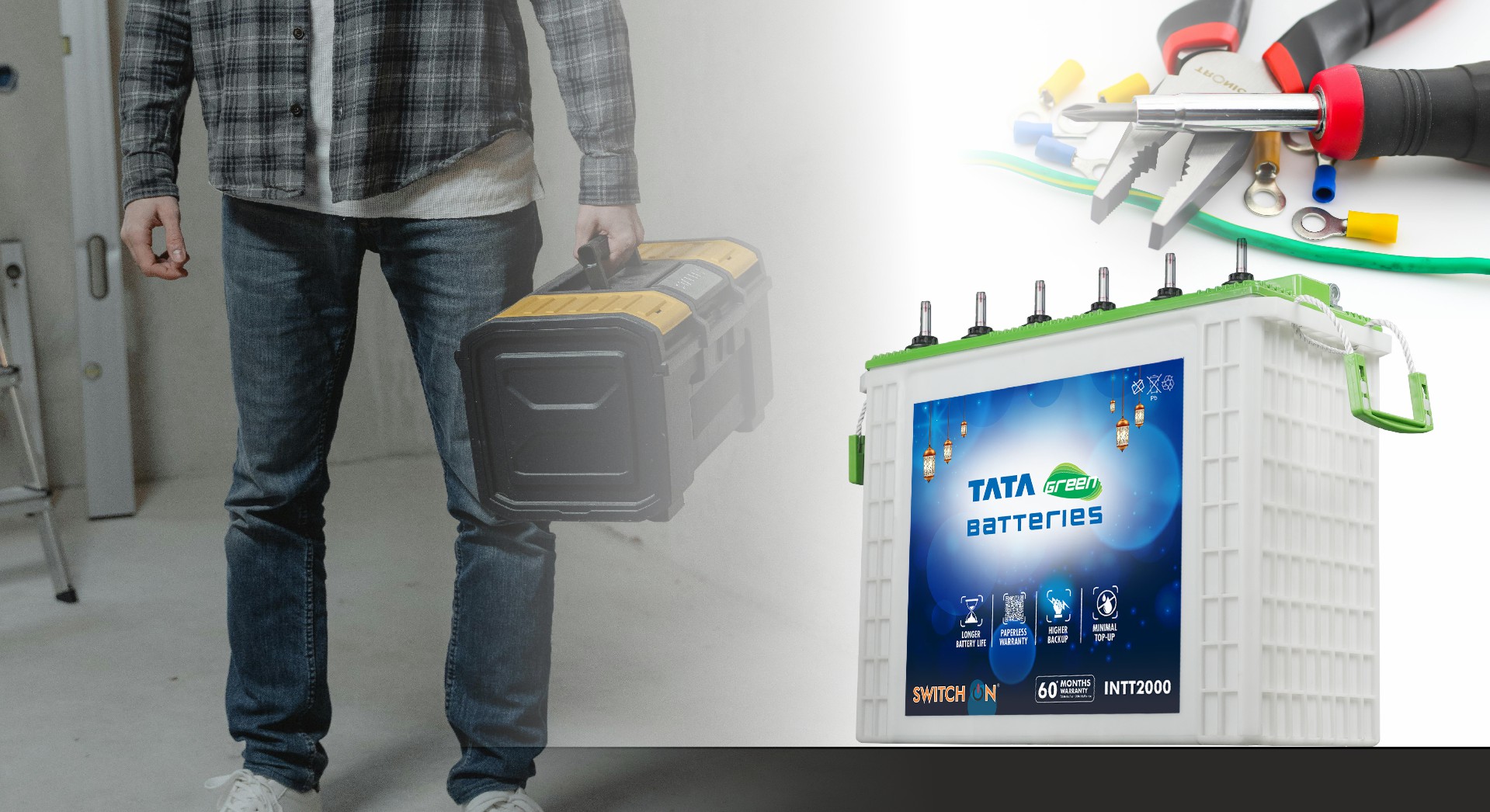Car battery maintenance during winter is something we usually do not give importance to. But the last thing you want to face on a chilling day is a car breakdown due to a dead battery. Extreme cold weather conditions tend to reduce the lifespan of most automotive batteries and since we have no control over the weather, we can minimise its impact on our batteries by being prepared in advance.
Here are five easy hacks to ensure your car battery stays charged all winter long:
1. Take a Voltage Reading
A battery that works fine in mild conditions may become weak or even die during cold weather. It is advisable to perform a volt test on your battery before winter starts. A fully charged battery should measure at least 12.6 volts or higher. You can get this test done at a service station or use a multimeter at home if you have one.
If you don’t own a multimeter, there’s a simple trick you can use. Start your car and switch on the headlights. If the lights dim while starting the engine, it could be a sign that your battery is weak and may need replacement. This easy test helps ensure that your battery is in undamaged shape before the cold sets in.
2. Recondition the Battery
Winter can be brutal on car batteries, so regular maintenance is essential to keep it working efficiently. One of the most common battery issues is corrosion on the terminals, which can prevent proper charging. It’s important to inspect the battery and ensure that the connections are clean, tight, and corrosion-free.
To clean the battery, first, wear protective gloves and safety goggles. Disconnect the cables, starting with the negative (black) one. Prepare a mixture of baking soda and water and use a toothbrush to scrub the terminals and cable ends gently. This will remove any corrosion or build-up. Once clean, wipe the area with a damp cloth and allow it to dry before reconnecting the cables (positive first, negative last). If you are not comfortable doing this yourself, you can have a professional handle it during your regular vehicle servicing.
Keeping your battery clean can extend its life and help it withstand the harsh winter conditions better.
3. Store Your Car Properly
Parking your car outdoors during winter can expose the battery to extreme cold which increases the likelihood of it discharging or dying. Whenever possible park your car in a garage to protect it from freezing temperatures. A garage offers insulation that can help maintain a more stable environment for your battery, reducing the stress caused by fluctuating weather conditions.
If you plan to leave your car unused for an extended period, like over a vacation or during lockdowns, consider disconnecting the battery to prevent it from draining completely. Batteries lose their charge faster in freezing weather, so disconnecting it can keep it from going flat.
Pro tip: When disconnecting the battery, always start with the negative (black) cable, followed by the positive (red) one. When reconnecting, do the opposite—positive first, then negative.
4. Check Cold Cranking Amps (CCA)
One of the most crucial factors in selecting a car battery for winter is its Cold Cranking Amps (CCA) rating. The CCA measures the battery’s ability to start your car in cold temperatures. As the temperature drops, a battery’s ability to produce power diminishes. Batteries with higher CCA ratings are better equipped to perform in low temperatures, making them more reliable in the winter months.
If your car battery is more than three years old or you have noticed it struggling during colder weather, it might be time to consider replacing it. Opt for a battery with a higher CCA to ensure better performance in winter. TATA Green Batteries offer a range of automotive batteries with high CCA ratings, designed to withstand the harshest weather conditions. You can check the product offerings online to find the right fit for your vehicle.
5. Keep a Booster Pack on Hand
A battery booster pack is a must-have accessory in your winter emergency kit. This portable, rechargeable device can jump-start your car in seconds without the need for another vehicle. If your battery dies unexpectedly while you are on the road and there’s no mechanic nearby, a booster pack can save you from being stranded.
Booster packs are especially useful in freezing weather when traditional battery chargers may take longer to revive a dead battery. They are easy to use and compact enough to store in your trunk or glove box. Investing in a reliable booster pack gives you peace of mind during the winter months, knowing you have a backup plan in case of battery failure.
Final Thoughts
Winter can be harsh on your car’s battery but with a little preparation, you can avoid unexpected breakdowns and keep your vehicle running smoothly. Regular checks, proper maintenance, and the right tools can make all the difference in prolonging your battery’s life during the colder months. By following these five winter care hacks—voltage testing, reconditioning, smart storage, checking the CCA, and keeping a booster handy—you’ll be ready to handle any cold-weather challenges that come your way. Taking these small, proactive steps ensures you won’t be left stranded on a chilly morning with a dead battery, giving you peace of mind all winter long.






